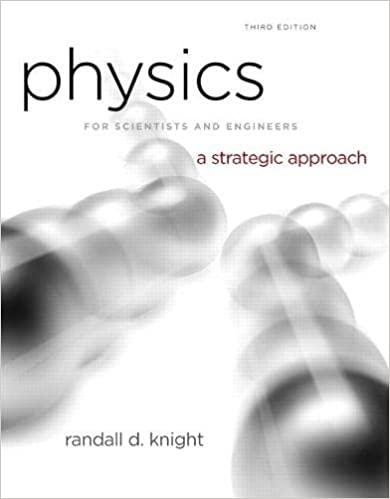a. A large nuclear power plant has a power output of 1000 MW. In other words, it
Question:
a. A large nuclear power plant has a power output of 1000 MW. In other words, it generates electric energy at the rate 1000 MJ/s. How much energy does this power plant supply in one day?
b. The oceans are vast. How much energy could be extracted from 1 km3 of water if its temperature were decreased by 1°C? For simplicity, assume fresh water.
c. A friend of yours who is an inventor comes to you with an idea. He has done the calculations that you just did in parts a and b, and he’s concluded that a few cubic kilometers of ocean water could meet most of the energy needs of the United States. This is an insignificant fraction of the U.S. coastal waters. In addition, the oceans are constantly being reheated by the sun, so energy obtained from the ocean is essentially solar energy. He has sketched out some design plans—highly secret, of course, because they’re not patented—and now he needs some investors to provide money for a prototype. A working prototype will lead to a patent. As an initial investor, you’ll receive a fraction of all future royalties. Time is of the essence because a rival inventor is working on the same idea. He needs $10,000 from you right away. You could make millions if it works out. Will you invest? If so, explain why. If not, why not? Either way, your explanation should be based on scientific principles.
Step by Step Answer:

Physics For Scientists And Engineers A Strategic Approach With Modern Physics
ISBN: 9780321740908
3rd Edition
Authors: Randall D. Knight





